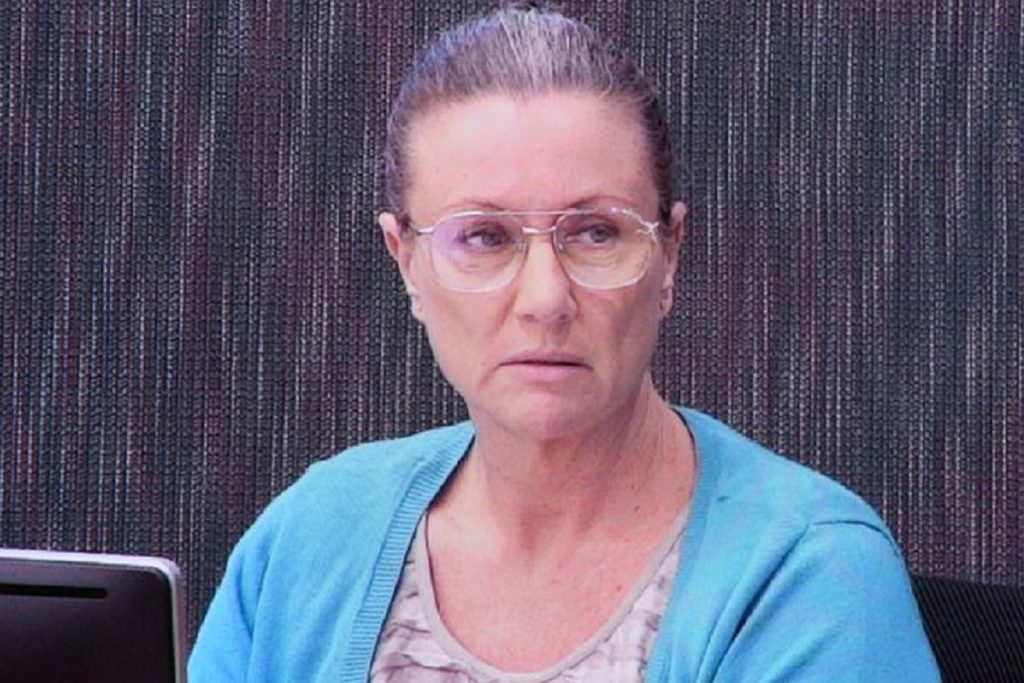A second public inquiry into the conviction of Kathleen Folbigg has been ordered, with NSW Attorney-General Mark Speakman announcing the decision on Wednesday.
In 2003, Folbigg was convicted of the homicides of her four children, Caleb, Patrick, Sarah and Laura when they were infants. She is currently serving a 25-year non parole period.
The inquiry comes after a group of scientists petitioned for Folbigg’s release last year, after it had been discovered two of Folbigg’s children had inherited a previously unknown genetic mutation linked to sudden and unexpected infant death.
Folbigg’s lawyers argue that the mutation could be responsible for the deaths of two of the children, Sarah and Laura.
“Notwithstanding that Ms Folbigg has already had numerous attempts to clear her name, this new evidence, and it’s widespread endorsement by scientists, cannot be ignored,” Mark Speakman said in a statement on Wednesday.
“Ms Folbigg’s representatives content that the new scientific evidence is compelling. However Mis Folbigg has been unsuccessful in numerous public proceedings to date and there is a need for fairness and transparency to all.”
Folbigg was convicted of murdering three of her children, and for the manslaughter of a fourth child between 1989 and 1999.
An inquiry in 2019 was made aware of the genetic mutation that had been discovered, but Speakman said there had been no completed study on it at the time. That inquiry upheld Folbigg’s convictions.
Speakman said he had recommended that a new public inquiry take place, rather than a pardon, as requested by Folbigg’s lawyers.
“Only a transparent, public and fair inquiry can provide a just resolution of the doubt or questions raised by that new evidence,” Speakman said.
Folbigg is now aged 54 and has always maintained her innocence.
Speaking at a press conference on Wednesday, Speakman said: “I can well understand why members of the public may shake their heads and roll their eyes with disbelief about the number of chances that Ms Folbigg has had to clear her name, and why does the justice system allow someone convicted of multiple homicides yet another go.”
“But the evidence clearly in my view reaches the necessary threshold for some kind of intervention; it certainly rises to the level of questionable doubt.”

